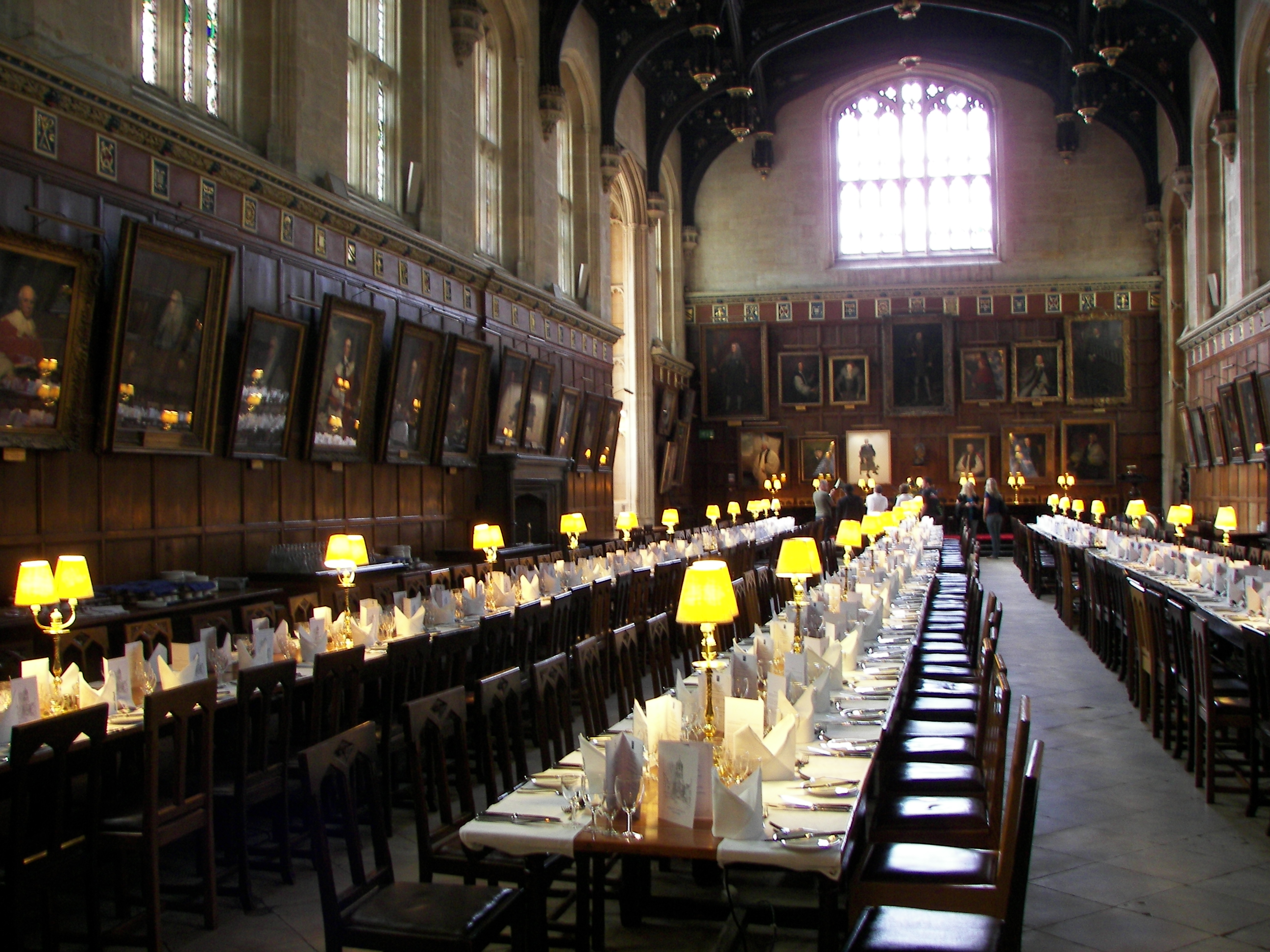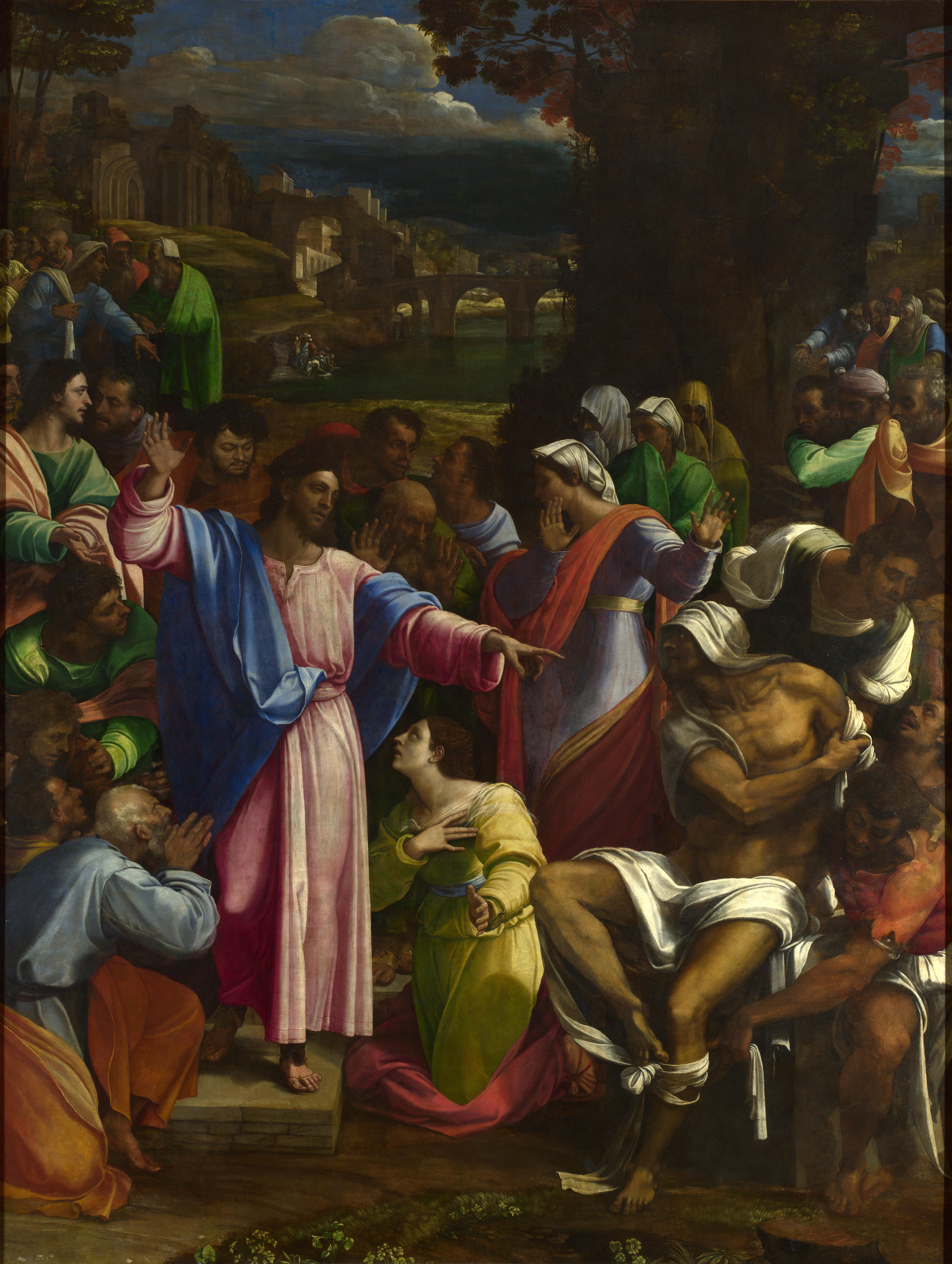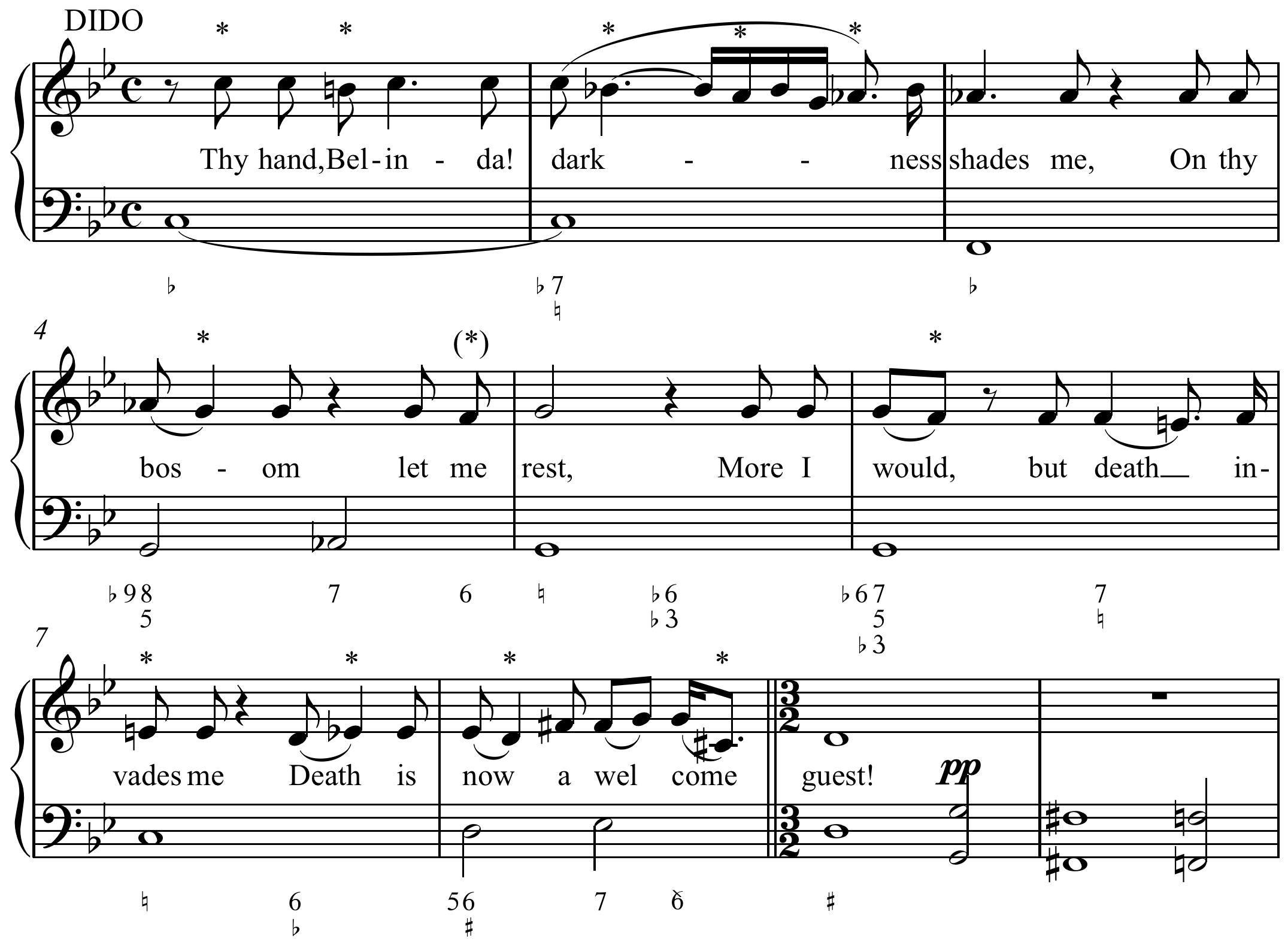|
Millicent Silver
Millicent Irene Silver (17 November 19051 May 1986) was an English harpsichordist, who began her career as a pianist and violinist. Early life Born in South London, her father, James Brand Silver, was a violinist and oboist, and had been a boy chorister at St. George's Chapel, Windsor where his singing attracted the attention of Queen Victoria. Her mother Amelia Argyle Silver was a piano teacher. Millicent was the second of four children. Her musical talent was discovered at the age of three, when she imitated her elder brother's practising. She won a scholarship to the Royal College of Music where she studied piano and violin equally. She was awarded the Chappell Silver Medal for piano playing and, in 1928, the college's Tagore Gold Medal for the best student of her year. As a violinist she was guided by W. H. "Billy" Reed, leader of the London Symphony Orchestra and friend of Edward Elgar. She earned her first professional fees playing as a violinist in the Hallé Orchest ... [...More Info...] [...Related Items...] OR: [Wikipedia] [Google] [Baidu] |
Harpsichord
A harpsichord ( it, clavicembalo; french: clavecin; german: Cembalo; es, clavecín; pt, cravo; nl, klavecimbel; pl, klawesyn) is a musical instrument played by means of a musical keyboard, keyboard. This activates a row of levers that turn a trigger mechanism that plucks one or more strings with a small plectrum made from quill or plastic. The strings are under tension on a Sound board (music), soundboard, which is mounted in a wooden case; the soundboard amplifies the vibrations from the strings so that the listeners can hear it. Like a pipe organ, a harpsichord may have more than one keyboard Manual (music), manual, and even a #Pedal harpsichord, pedal board. Harpsichords may also have Organ stop, stop buttons which add or remove additional octaves. Some harpsichords may have a buff stop, which brings a strip of buff leather or other material in contact with the strings, muting their sound to simulate the sound of a plucked lute. The term denotes the whole family of similar ... [...More Info...] [...Related Items...] OR: [Wikipedia] [Google] [Baidu] |
Adrian Boult
Sir Adrian Cedric Boult, CH (; 8 April 1889 – 22 February 1983) was an English conductor. Brought up in a prosperous mercantile family, he followed musical studies in England and at Leipzig, Germany, with early conducting work in London for the Royal Opera House and Sergei Diaghilev's ballet company. His first prominent post was conductor of the City of Birmingham Orchestra in 1924. When the British Broadcasting Corporation appointed him director of music in 1930, he established the BBC Symphony Orchestra and became its chief conductor. The orchestra set standards of excellence that were rivalled in Britain only by the London Philharmonic Orchestra (LPO), founded two years later. Forced to leave the BBC in 1950 on reaching retirement age, Boult took on the chief conductorship of the LPO. The orchestra had declined from its peak of the 1930s, but under his guidance its fortunes were revived. He retired as its chief conductor in 1957, and later accepted the post of ... [...More Info...] [...Related Items...] OR: [Wikipedia] [Google] [Baidu] |
National Gallery (London)
The National Gallery is an art museum in Trafalgar Square in the City of Westminster, in Central London, England. Founded in 1824, it houses a collection of over 2,300 paintings dating from the mid-13th century to 1900. The current Director of the National Gallery is Gabriele Finaldi. The National Gallery is an exempt charity, and a non-departmental public body of the Department for Digital, Culture, Media and Sport. Its collection belongs to the government on behalf of the British public, and entry to the main collection is free of charge. Unlike comparable museums in continental Europe, the National Gallery was not formed by nationalising an existing royal or princely art collection. It came into being when the British government bought 38 paintings from the heirs of John Julius Angerstein in 1824. After that initial purchase, the Gallery was shaped mainly by its early directors, especially Charles Lock Eastlake, and by private donations, which now account for two-third ... [...More Info...] [...Related Items...] OR: [Wikipedia] [Google] [Baidu] |
Myra Hess
Dame Julia Myra Hess, (25 February 1890 – 25 November 1965) was an English pianist best known for her performances of the works of Bach, Mozart, Beethoven and Schumann. Career Early life Julia Myra Hess was born on 25 February 1890 to a Jewish family in South Hampstead, London. She was the youngest of four children and began piano lessons at the age of five. She studied at the Guildhall School of Music and at the Royal Academy of Music under Tobias Matthay. Her debut came in 1907, when she played Beethoven's Piano Concerto No. 4 with Sir Thomas Beecham conducting. She went on to tour through Britain, the Netherlands and France. Upon her American debut in New York City on 24 January 1922, she became a favorite in the United States, both as a soloist and ensemble player. Second World War Hess garnered greater fame during the Second World War when, with all concert halls blacked out at night to avoid being targeted by German bombers, she organised almost 2,000 lunchtime ... [...More Info...] [...Related Items...] OR: [Wikipedia] [Google] [Baidu] |
Harpsichord
A harpsichord ( it, clavicembalo; french: clavecin; german: Cembalo; es, clavecín; pt, cravo; nl, klavecimbel; pl, klawesyn) is a musical instrument played by means of a musical keyboard, keyboard. This activates a row of levers that turn a trigger mechanism that plucks one or more strings with a small plectrum made from quill or plastic. The strings are under tension on a Sound board (music), soundboard, which is mounted in a wooden case; the soundboard amplifies the vibrations from the strings so that the listeners can hear it. Like a pipe organ, a harpsichord may have more than one keyboard Manual (music), manual, and even a #Pedal harpsichord, pedal board. Harpsichords may also have Organ stop, stop buttons which add or remove additional octaves. Some harpsichords may have a buff stop, which brings a strip of buff leather or other material in contact with the strings, muting their sound to simulate the sound of a plucked lute. The term denotes the whole family of similar ... [...More Info...] [...Related Items...] OR: [Wikipedia] [Google] [Baidu] |
Dido And Aeneas
''Dido and Aeneas'' (Z. 626) is an opera in a prologue and three acts, written by the English Baroque composer Henry Purcell with a libretto by Nahum Tate. The dates of the composition and first performance of the opera are uncertain. It was composed no later than July 1688, and had been performed at Josias Priest's girls' school in London by the end of 1689.White, Bryan, 'Letter from Aleppo: dating the Chelsea School performance of Dido and Aeneas', 417 Some scholars argue for a date of composition as early as 1683.Pinnock, Andrew, 'Which Genial Day? More on the court origin of Purcell's Dido and Aeneas, with a shortlist of dates for its possible performance before King Charles II’, Early Music 43 (2015), 199–212Bruce Wood and Andrew Pinnock, Unscared by turning times'? The dating of Purcell's Dido and Aeneas," The story is based on Book IV of Virgil's ''Aeneid''. It recounts the love of Dido, Queen of Carthage, for the Trojan hero Aeneas, and her despair when he abandons ... [...More Info...] [...Related Items...] OR: [Wikipedia] [Google] [Baidu] |
Henry Purcell
Henry Purcell (, rare: September 1659 – 21 November 1695) was an English composer. Purcell's style of Baroque music was uniquely English, although it incorporated Italian and French elements. Generally considered among the greatest English opera composers, Purcell is often linked with John Dunstaple and William Byrd as England's most important early music composers. No later native-born English composer approached his fame until Edward Elgar, Ralph Vaughan Williams, Gustav Holst, William Walton and Benjamin Britten in the 20th century. Life and work Early life Purcell was born in St Ann's Lane, Old Pye Street, Westminster – the area of London later known as Devil's Acre, a notorious slum – in 1659. Henry Purcell Senior, whose older brother Thomas Purcell was a musician, was a gentleman of the Chapel Royal and sang at the coronation of King Charles II of England. Henry the elder had three sons: Edward, Henry and Daniel. Daniel Purcell, the youngest of the ... [...More Info...] [...Related Items...] OR: [Wikipedia] [Google] [Baidu] |
Figured Bass
Figured bass is musical notation in which numerals and symbols appear above or below (or next to) a bass note. The numerals and symbols (often accidentals) indicate intervals, chords, and non-chord tones that a musician playing piano, harpsichord, organ, or lute (or other instruments capable of playing chords) should play in relation to the bass note. Figured bass is closely associated with basso continuo: a historically improvised accompaniment used in almost all genres of music in the Baroque period of Classical music ( 1600–1750), though rarely in modern music. Figured bass is also known as thoroughbass. Other systems for denoting or representing chords include plain staff notation, used in classical music; Roman numerals, commonly used in harmonic analysis; chord letters, sometimes used in modern musicology; the Nashville Number System; and various chord names and symbols used in jazz and popular music (e.g., C Major or simply C; D minor, Dm, or D−; G7, e ... [...More Info...] [...Related Items...] OR: [Wikipedia] [Google] [Baidu] |
Hans Oppenheim
Hans Oppenheim (Berlin, 25 April 1892 - Edinburgh, 19 August 1965) was a German-born conductor. He was son of the Jewish German neurologist Hermann Oppenheim. Oppenheim emigrated to England and was first assistant to Fritz Busch at Glyndebourne Opera from c1935; after Busch took from him the position of assistant conductor, he was director of the Dartington Hall Music Group, 1937-1945, then conductor of the English Opera Group, 1946, and associate conductor of the Glyndebourne Opera at the Edinburgh Festival, 1949, as well as co-founder of the Saltire Music Group The Saltire Music Group or Saltire Singers were a Scottish musical group founded by composer Isobel Dunlop (1901–1975) in 1950 for The Saltire Society and directed and conducted by Hans Oppenheim (1892–1965). In addition to performing tradition ... in 1950 with Isobel Dunlop.Mary F. McVicker -Women Opera Composers: Biographies from the 1500s to the 21st Century 1476623619 2016 (March 4, 1901, Edinburgh–May 12, 1975, ... [...More Info...] [...Related Items...] OR: [Wikipedia] [Google] [Baidu] |
Dartington Hall
Dartington Hall in Dartington, near Totnes, Devon, England, is an historic house and country estate of dating from medieval times. The group of late 14th century buildings are Grade I listed; described in Pevsner's Buildings of England as "one of the most spectacular surviving domestic buildings of late Medieval England", along with Haddon Hall and Wingfield Manor. The medieval buildings are grouped around a huge courtyard; the largest built for a private residence before the 16th Century, and the Great Hall itself is the finest of its date in England. The west range of the courtyard is regarded as nationally one of the most notable examples of a range of medieval lodgings. The medieval buildings were restored from 1926 to 1938.Buildings of England - Devon. Authors - Nikolaus Pevsner and Bridget Cherry. Published 1989 The site is the headquarters of the Dartington Trust, which currently runs a number of charitable educational programmes, including Schumacher College, Dart ... [...More Info...] [...Related Items...] OR: [Wikipedia] [Google] [Baidu] |
BBC Radio
BBC Radio is an operational business division and service of the British Broadcasting Corporation (which has operated in the United Kingdom under the terms of a royal charter since 1927). The service provides national radio stations covering the majority of musical genres, as well as local radio stations covering local news, affairs and interests. It also oversees online audio content. Of the national radio stations, BBC Radio 1, 2, 3, 4 and 5 Live are all available through analogue radio ( AM or FM (with BBC Radio 4 LW on longwave) as well as on DAB Digital Radio and BBC Sounds. The Asian Network broadcasts on DAB and selected AM frequencies in the English Midlands. BBC Radio 1Xtra, 4 Extra, 5 Sports Extra, 6 Music and the World Service broadcast only on DAB and BBC Sounds, while Radio 1 Dance and Relax streams are available only online. All of the BBC's national radio stations broadcast from bases in London and Manchester, usually in or near to Broadcasting ... [...More Info...] [...Related Items...] OR: [Wikipedia] [Google] [Baidu] |
Baroque Music
Baroque music ( or ) refers to the period or dominant style of Western classical music composed from about 1600 to 1750. The Baroque style followed the Renaissance period, and was followed in turn by the Classical period after a short transition, the galant style. The Baroque period is divided into three major phases: early, middle, and late. Overlapping in time, they are conventionally dated from 1580 to 1650, from 1630 to 1700, and from 1680 to 1750. Baroque music forms a major portion of the "classical music" canon, and is now widely studied, performed, and listened to. The term "baroque" comes from the Portuguese word ''barroco'', meaning " misshapen pearl". The works of George Frideric Handel and Johann Sebastian Bach are considered the pinnacle of the Baroque period. Other key composers of the Baroque era include Claudio Monteverdi, Domenico Scarlatti, Alessandro Scarlatti, Antonio Vivaldi, Henry Purcell, Georg Philipp Telemann, Jean-Baptiste Lully, Jean-Philippe Rame ... [...More Info...] [...Related Items...] OR: [Wikipedia] [Google] [Baidu] |







.jpg)
